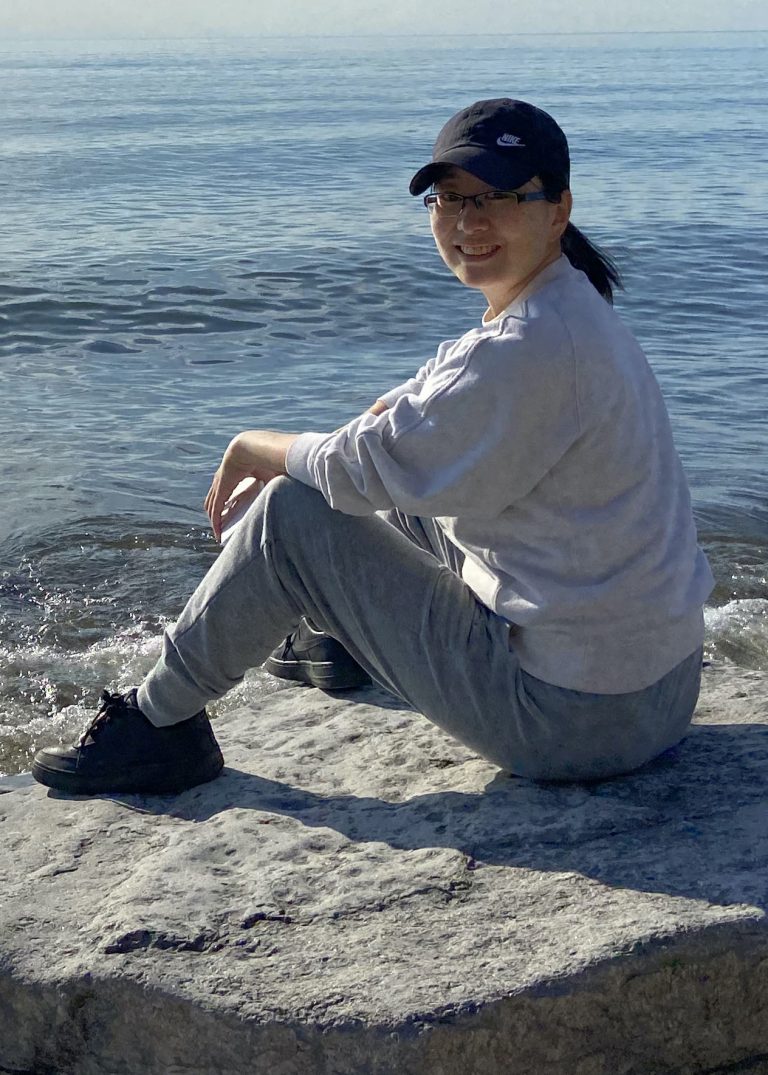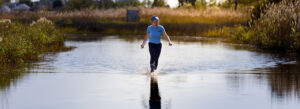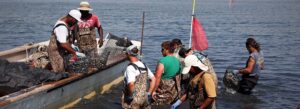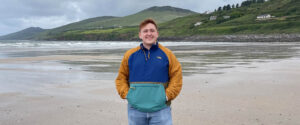Above left to right: Alex Schneider, Jem Baldisimo, Michael Cornish, Shannon Smith, Sean Hardison, Kayleigh Granville, Qiong Wang, Steven Hoagland.
2021 Graduate Research Fellows Announced
By Madeleine Jepsen | Virginia Sea Grant
Virginia Sea Grant is pleased to announce a cohort of eight graduate research fellows. These graduate students are addressing coastal resource issues, in collaboration with their academic and professional mentors, through research that can be applied for the benefit of Virginia’s coastal stakeholders.
“We’re excited to welcome a new cohort of Graduate Research Fellows to Virginia Sea Grant,” said Michelle Rodriguez, VASG’s professional development coordinator. “We look forward to supporting them as they grow as professionals and apply their research to coastal challenges in Virginia.”
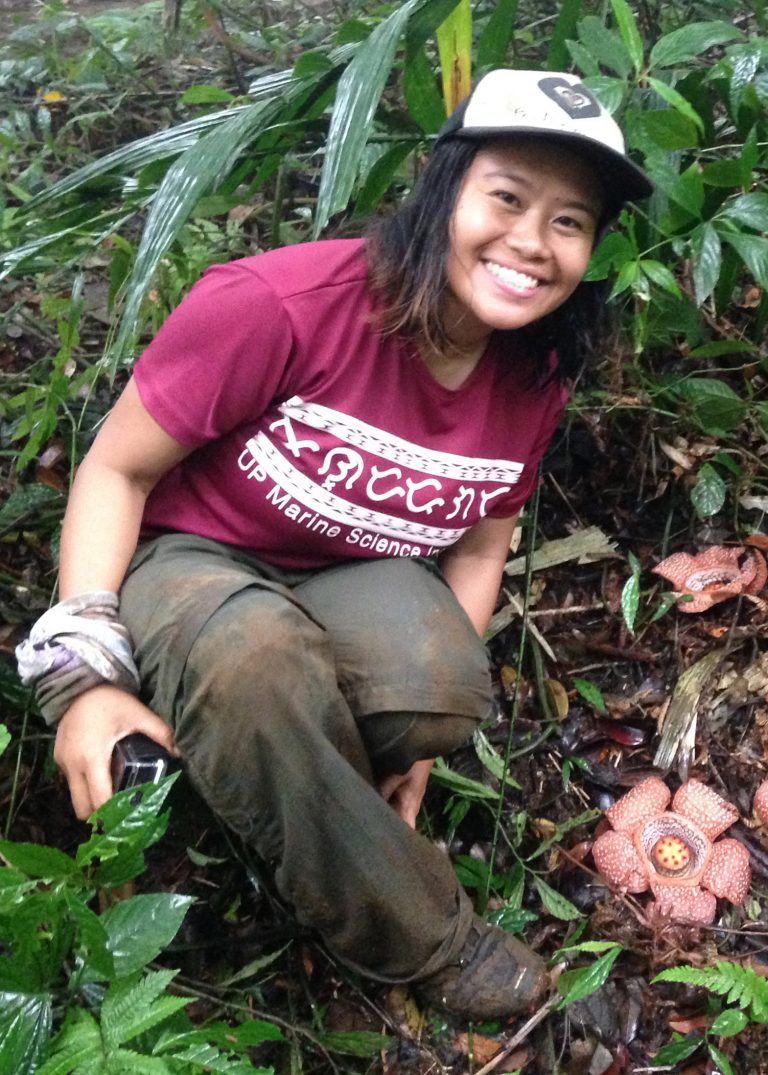
Jemelyn Baldisimo is a Ph.D. candidate in the Department of Biological Sciences at Old Dominion University. Her research assesses the vulnerability of ornamental coral reef fishes. The United States is one of the top importers of marine ornamental fish — those caught from reefs and sold for use in aquariums. Baldisimo’s research will help prioritize which fish need conservation by identifying which species are most vulnerable to overfishing. Her research builds on her contributions to the National Assessment of Coral Reef Environments Program and the Philippine National Biodiversity Species Action Plan. As part of her fellowship, Baldisimo will work with a professional mentor at the Virginia Tech Seafood Agricultural Research and Extension Center (VSAREC) to create educational products for pet stores and aquarium hobbyists.
Michael Cornish is a Ph.D. student at the University of Virginia’s department of environmental sciences studying how large-scale seagrass restoration will affect clam productivity. Eelgrass is a foundation species — a defining species for Virginia’s coastal bays. Cornish’s research focuses on how eelgrass restoration may benefit wild shellfish populations like the hard clam. He will track clam growth and distribution near eelgrass restoration sites. As part of his fellowship, Cornish will collaborate with a professional mentor at The Nature Conservancy’s Virginia Coast Reserve who restores eelgrass habitats and oyster reefs in Virginia’s coastal bays.
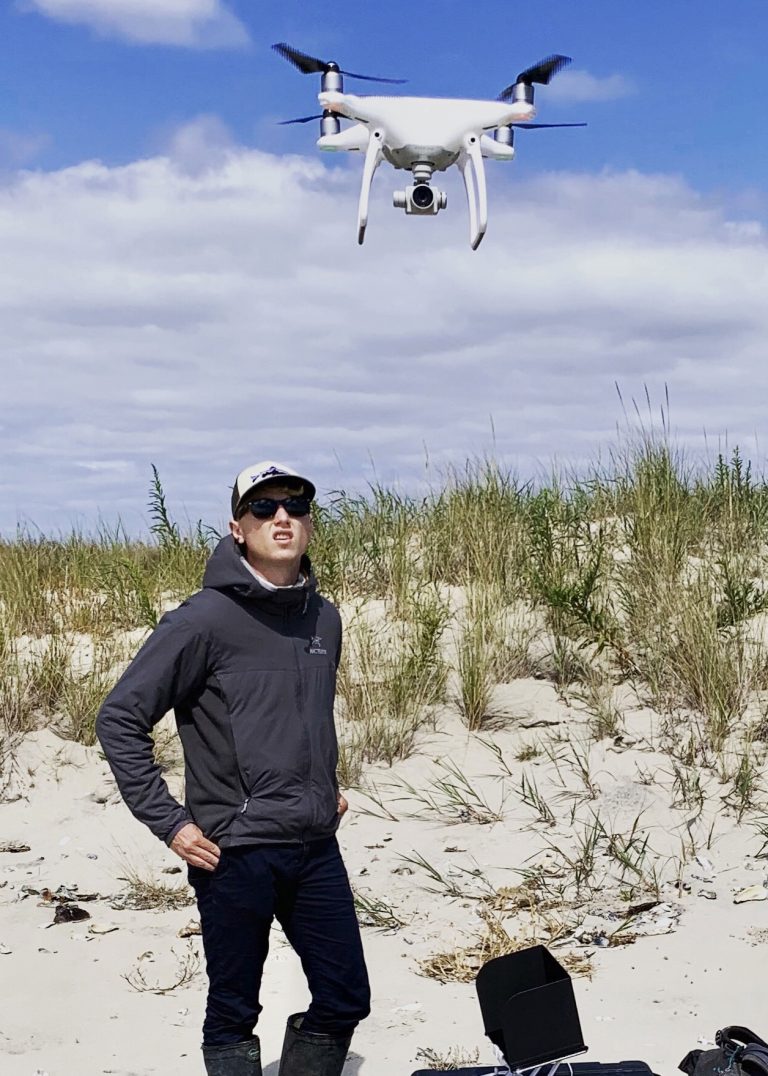
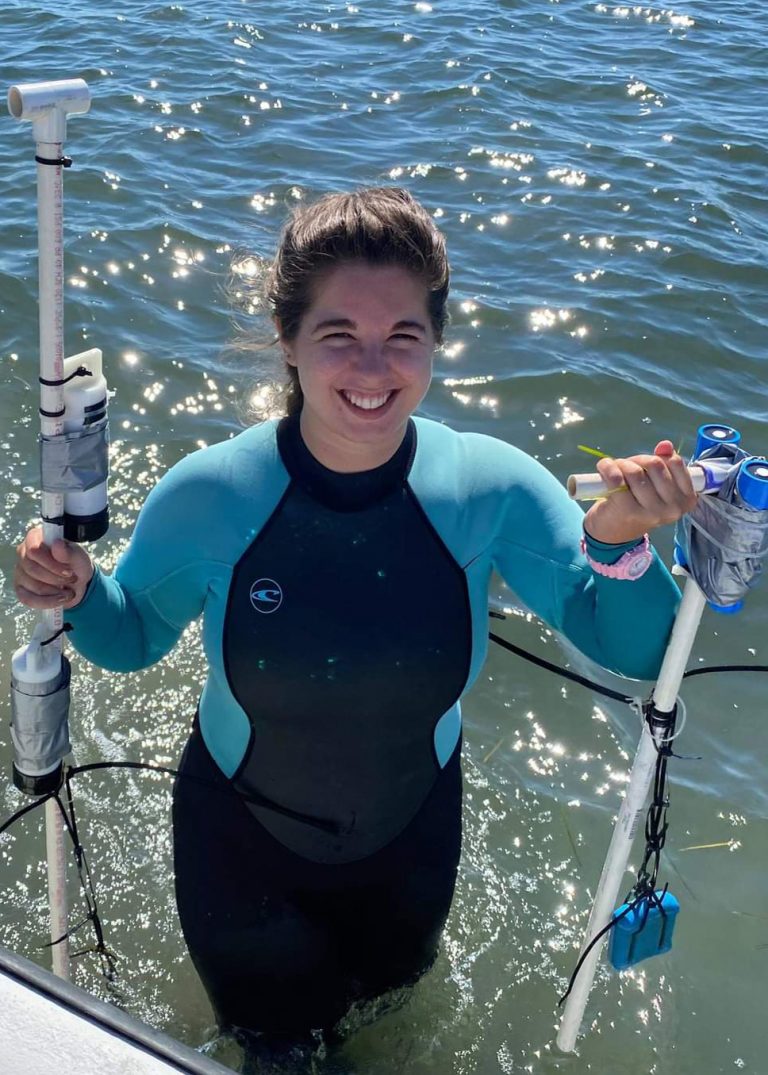
Kayleigh Granville is a Ph.D. student at the University of Virginia’s department of environmental sciences studying how greenhouse gases are absorbed and emitted over seagrass meadows. During photosynthesis, seagrass removes carbon dioxide from the water by converting it into oxygen. But previous research shows that these meadows can also emit other greenhouse gases like methane, which can offset the seagrass meadows’ ability to sequester carbon. Granville’s research will use a new method to measure the net benefit of seagrass meadows, which has applications for carbon offset projects. As part of the fellowship, she will work with a professional mentor at The Nature Conservancy to connect her research to blue carbon market applications.
Sean Hardison is a Ph.D. student at the University of Virginia’s department of environmental sciences studying how fish communities in the Chesapeake Bay are influenced by environmental factors. He will track fish abundance for a variety of species from the 1990s to present day. He will also model how fish communities change in response to water conditions across northern and southern regions of the Bay. As part of the fellowship, he will work with a professional mentor from the Smithsonian Institution to develop lesson plans and interactive activities based on his research.
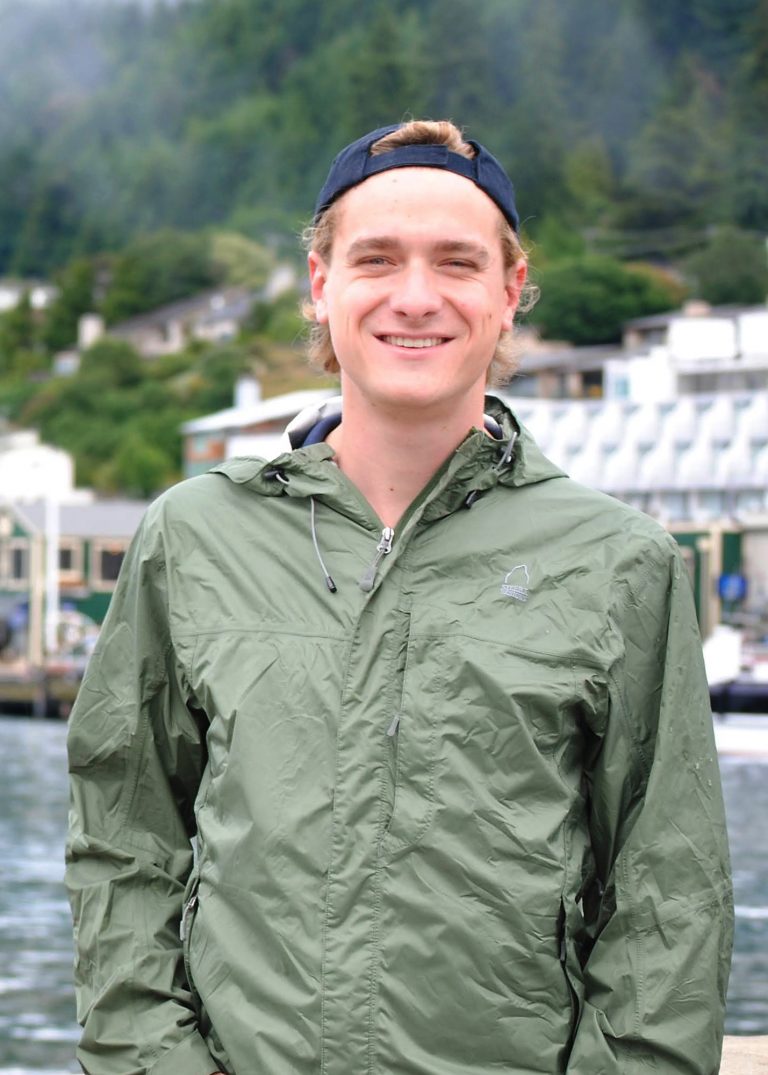
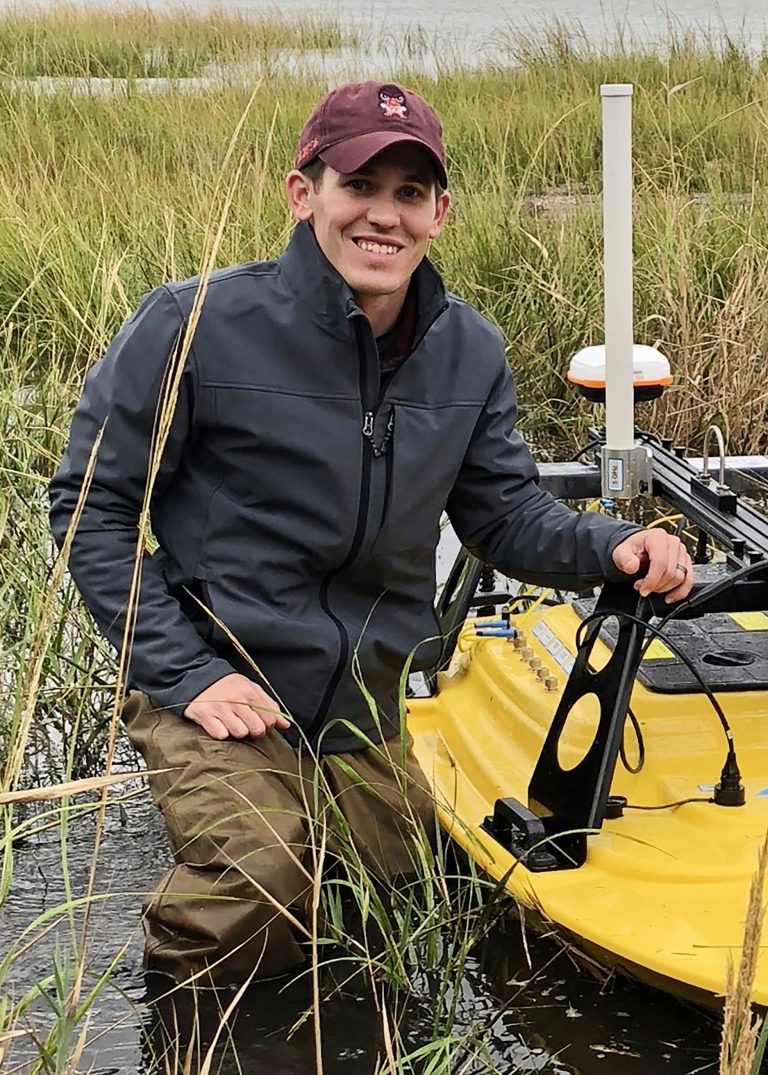
Steven Hoagland, a Ph.D. candidate at Virginia Tech’s Department of Civil and Environmental Engineering, is studying the long-term evolution, restoration practices, future flood hazards, and societal impacts of Virginia’s barrier islands. Barrier islands — coastal dunes where sand builds up from waves — can reduce flood damage and provide economic benefits from fisheries, beach recreation, tourism, and coastal real estate markets. However, the barrier islands are constantly changing from wind and waves, and are threatened by sea level rise. Hoagland will model barrier island evolution, and will incorporate the societal and environmental benefits they provide in his analysis. As part of his fellowship, Hoagland will work with a professional mentor at the National Park Service.
Alex Schneider is a master’s student at the Virginia Institute of Marine Science’s department of fisheries science. Her research focuses on blue crab reproduction. Specifically, she will determine female size at maturity and reproductive output. Currently, female blue crabs are believed to produce 1-3 broods annually, but that could increase with warmer temperatures. Schneider’s research will indicate whether global warming could enhance blue crab reproduction in the Chesapeake Bay. As part of the fellowship, Schneider will work with a professional mentor at the Virginia Marine Resources Commission. Her research results could have management implications for Chesapeake Bay blue crabs.
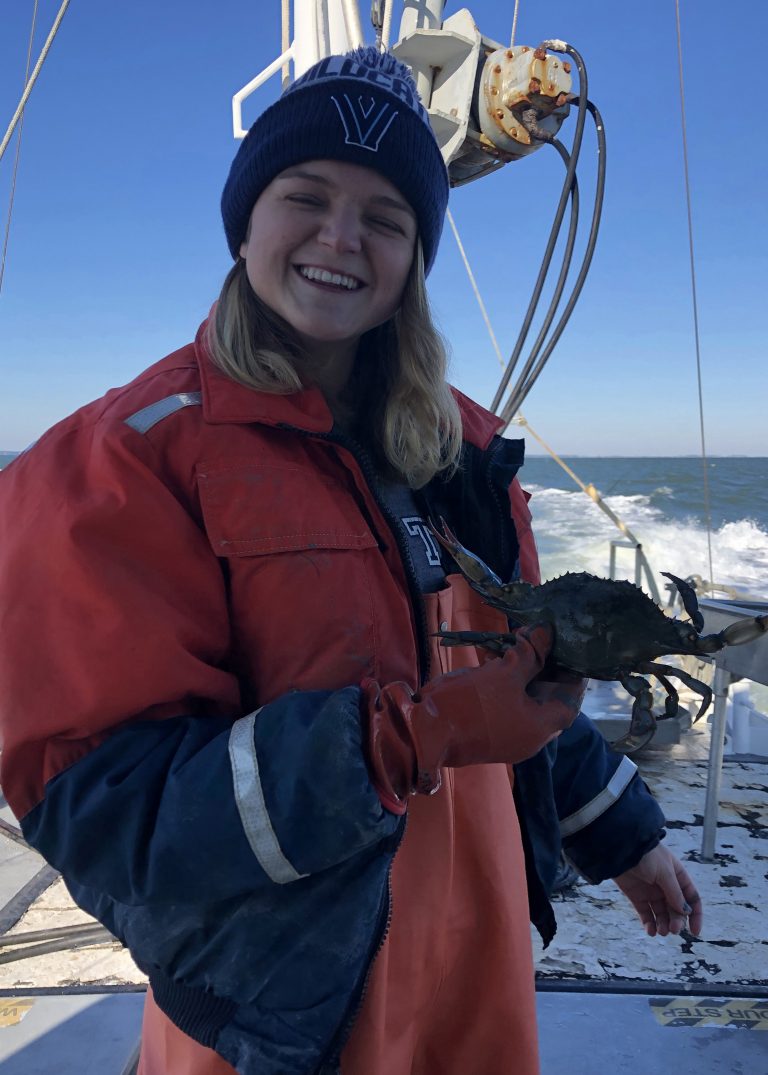
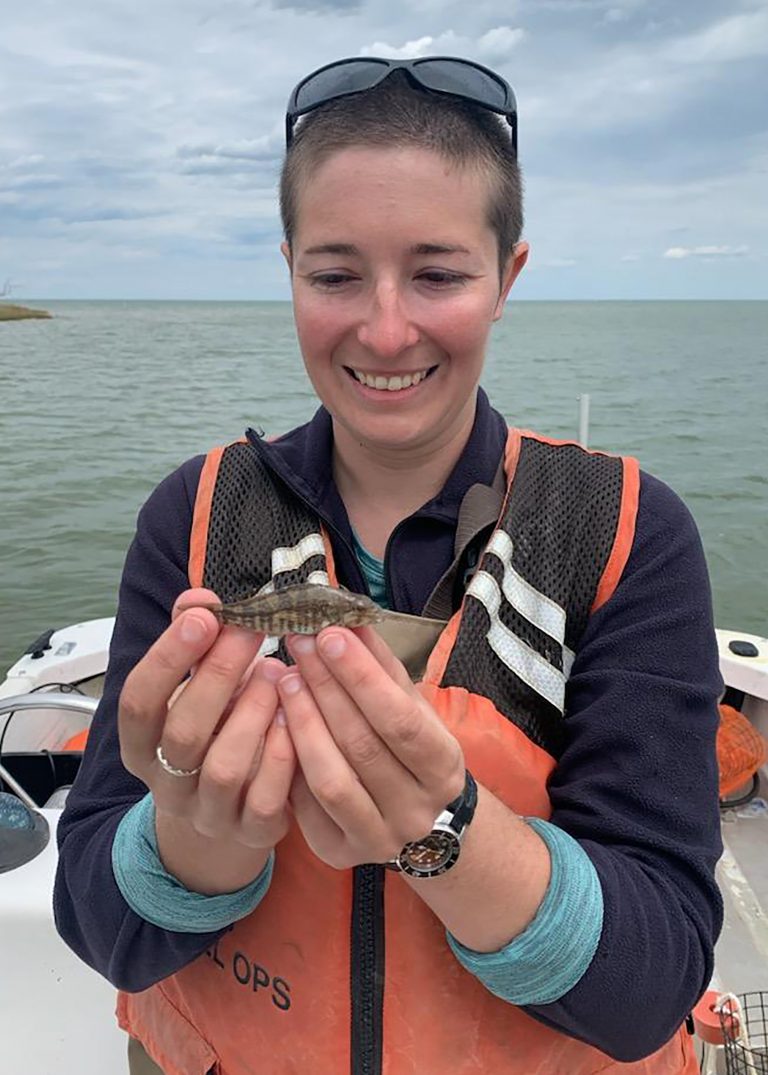
Shannon Smith is a Ph.D. student at the Virginia Institute of Marine Science’s department of fisheries science. Her research focuses characterizing nursery habitat for fishes in the Chesapeake Bay. Nursery habitats shield young fish from predators and offer enough food for the fish to grow. Good nursery habitats are linked to better survival and health for juvenile fishes. While it’s widely accepted that the Chesapeake Bay is a nursery area, the specific types of habitat and locations of nursery area for many species has not been described. Smith’s research will identify the quality and location of nursery areas in Virginia waters. As part of the fellowship, she will work with a professional mentor from the U.S. Geological Survey who coordinates Chesapeake Bay watershed monitoring.
Qiong Wang, a Ph.D. candidate at Virginia Tech’s School of Public and International Affairs, is developing a resilience quotient system for flood mitigation in coastal Virginia. The Hampton Roads region experiences one of the highest rates of sea level rise on the East Coast. Recently, the City of Norfolk introduced higher resiliency standards. The resilience quotient system awards points that developers and property owners can use to meet development requirements. The system includes risk reduction, stormwater management, and energy resilience. Wang’s research will modify the existing system and create a GIS interface to assist with decision-making in coastal communities for development, buyouts, and transfer of development rights. As part of her fellowship, she will work with mentors in the City of Norfolk’s Department of City Planning.
